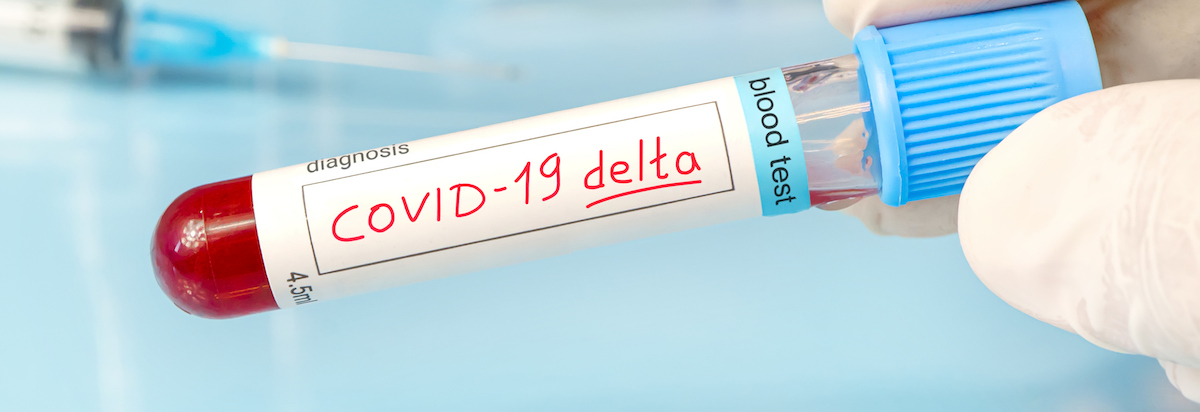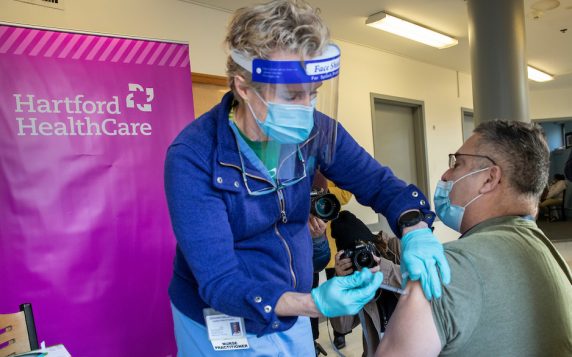COVID-19 and the vaccine have become so pervasive in the United States that 83 percent of Americans age 16 and older have some immunity through infection or vaccine-induced antibodies, according to a survey of 1.5 million blood samples from blood donations.
The survey, led by the Centers for Disease Control and Prevention, included samples tested from all 50 states and Puerto Rico during an 11-month period. The results, published in the Journal of the American Medical Association, found only 3.5 percent of samples carried antibodies to SARS-CoV-2, the virus that causes COVID-19, in July 2020 — before a vaccine was available. In December, that increased to 11.5 percent. By May, 83.3 percent of samples contained antibodies to the virus, most from vaccination.
The survey, which continues until at least December, found evidence that about 2.1 infections actually occurred for each clinically diagnosed case. (The current assessment is about 41 million.) The researchers did not measure for T-cells, which can kill infected cells as part of the body’s immune response.
An accurate assessment of immunity through COVID-19 antibodies gives public health officials a better idea of how close the nation is getting to controlling the virus. Studies have shown that antibodies produced as part of an immune response to COVID-19 can reduce additional infections by 80 percent to 95 percent, which approximates the vaccine’s efficacy.
COVID-19 booster shots are expected to be available to all American adults starting this fall after new data from the CDC last month revealed a concerning drop in efficacy over time.
“Once you’ve given an extra dose,” says Dr. Ulysses Wu, Hartford HealthCare’s System Director of Infection Disease and Chief Epidemiologist, “people are certainly going to have a boost in their antibody response.”



